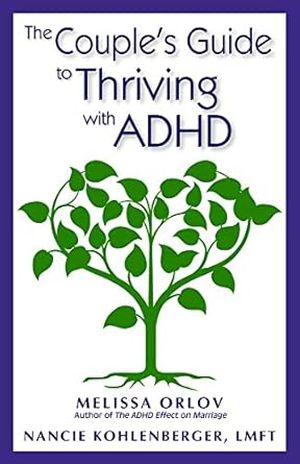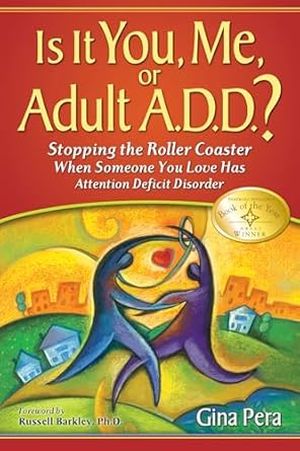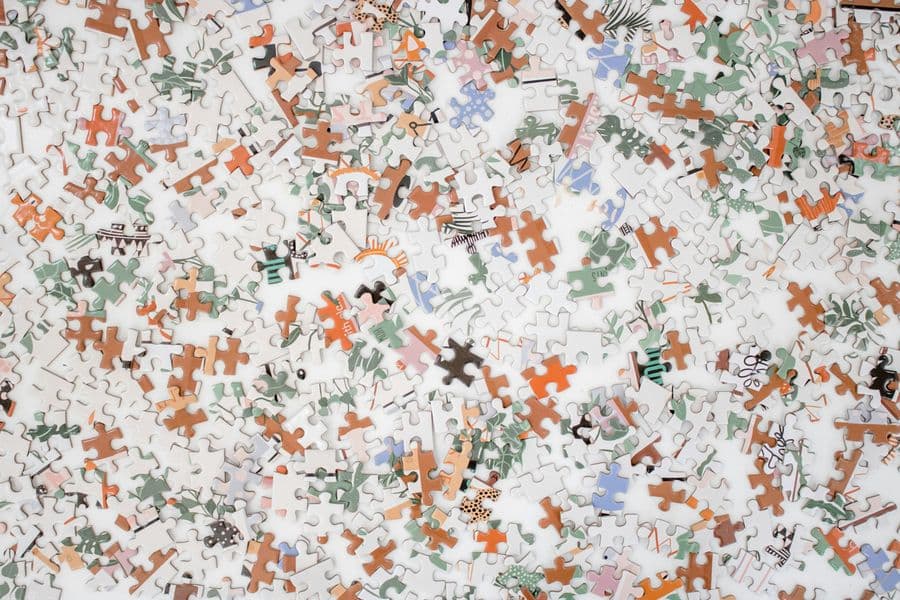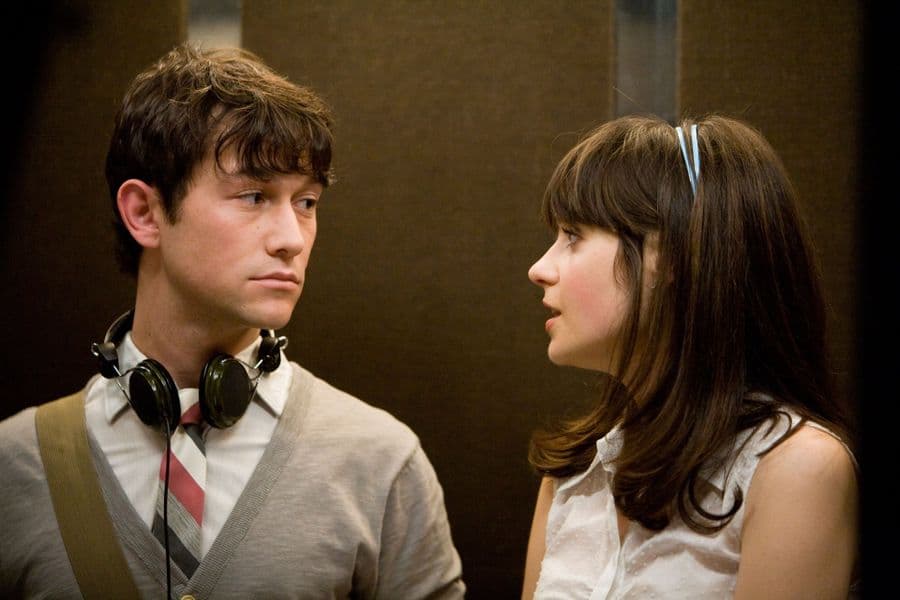
ADHD Relationships: Navigating Love, Communication & Care
Living with a partner with ADHD can feel like a rollercoaster; the moments of connection can be exhilarating, but they're often followed by a sudden drop you didn't see coming. You may find yourself wondering when the next emotional twist will hit.
Living with a partner with ADHD can feel like a rollercoaster.
The moments of connection can be exhilarating, but they're often followed by a sudden drop you didn't see coming. You may find yourself wondering when the next emotional twist will hit. It can be thrilling, confusing, and emotionally exhausting- all at once, and that’s why we can call it “ADHD relationships”. But this does not mean there’s a lack of love or care. ADHD isn’t about carelessness. It’s a different way of coping, processing, and being in the world. With the right tools, communication, and mutual understanding, couples can create healthier patterns and learn to move through the ups and downs together.
What Is ADHD Really?
ADHD (Attention-Deficit/Hyperactivity Disorder) is a neurodevelopmental condition that affects impulse control, attention, and executive functioning. Executive functioning refers to the brain's ability to plan, prioritize, and regulate emotion; skills governed by the prefrontal cortex.
Think of it this way: executive function is like the brain’s office manager. When the office manager steps out, things still get done, but maybe not in the right order, at the right time, or with the same consistency. People with ADHD are often assumed to be lazy, distracted, or even uncaring. In reality, many care deeply about their relationships but struggle to follow through…not due to a lack of motivation, but because of how their brain regulates attention, memory, and time. ADHD affects regulation, not desire.
How Does ADHD Affect Relationships?
The non-ADHD partner may begin to feel lonely, dismissed, or taken for granted in this “ADHD relationship”. You might notice:
Having to repeat yourself often.
Forgotten plans or missed appointments.
Half-finished tasks and projects.
A sense that your partner isn't fully “present” especially in group settings.
During conflict, the ADHD partner might withdraw or shut down. This isn’t always intentional avoidance; it’s often a response to overstimulation. They may mentally retreat to a safer space to self-regulate, which ties back to differences in executive functioning.
How Can You Support A Partner with ADHD?
When emotions run high or during moments of conflict, people with ADHD may quickly become overstimulated. They often need time and space to process. If this need isn’t communicated clearly, their withdrawal can be misunderstood as avoidance or stonewalling.
Small, mindful moments can prevent a conflict from turning into a rupture. In fact, many couples forget what the original issue was by the end of the argument. Let’s look at what intentional communication might sound like:
ADHD partner: “I’m feeling overwhelmed. Can we revisit this conversation after dinner when I’ve had time to clear my head?”
Non-ADHD partner: “Thanks for letting me know. I’ll wait and we’ll come back to it together.”
These exchanges aren’t just helpful, they’re transformative.
Accountability Goes Both Ways
If you’ve picked up on the theme of accountability, then this article is doing its job. ADHD or not, every partner in a relationship has a role to play in fostering safe, responsive communication.
Living with a partner with ADHD adds a layer of complexity to the emotional landscape, but it doesn't remove the need for responsibility and self-awareness. For the ADHD partner, this may look like seeking support, building insight, and practicing follow-through. That might involve consulting a mental health therapist or psychologist for medication, or using external tools like planners, alarms, or visual reminders.
For the non-ADHD partner, supporting a partner with ADHD means understanding what ADHD is and what it's not. It's about creating space for your partner's needs while still voicing your own. Boundaries can be set with kindness. Structure can coexist with compassion. The healthiest relationships are not built on perfection. They are built on collaboration. You learn each other’s rhythms. You figure out how to dance together even if one of you has a different beat.
ADHD Relationships: Rewriting the Story
ADHD does not mean your relationship is doomed. It just means the manual might look different. The goal isn’t to fix your partner but to understand one another better. It’s about shifting from blame to shared curiosity. When couples stop seeing each other as the enemy and instead see the pattern as the challenge, they create space for compassion, connection, and change.
Am I interpreting distraction as disinterest? Is forgetfulness being mistaken for a lack of care? Often, the stories we tell ourselves aren’t just shaped by the present moment, but by our own fears, frustrations, and unmet needs. When ADHD is in the mix, these misunderstandings can multiply. But awareness creates room for clarity. And clarity makes space for compassion. It’s about building a love that’s not just reactive but responsive, grounded, and adaptive.
A love that works for both of you.










